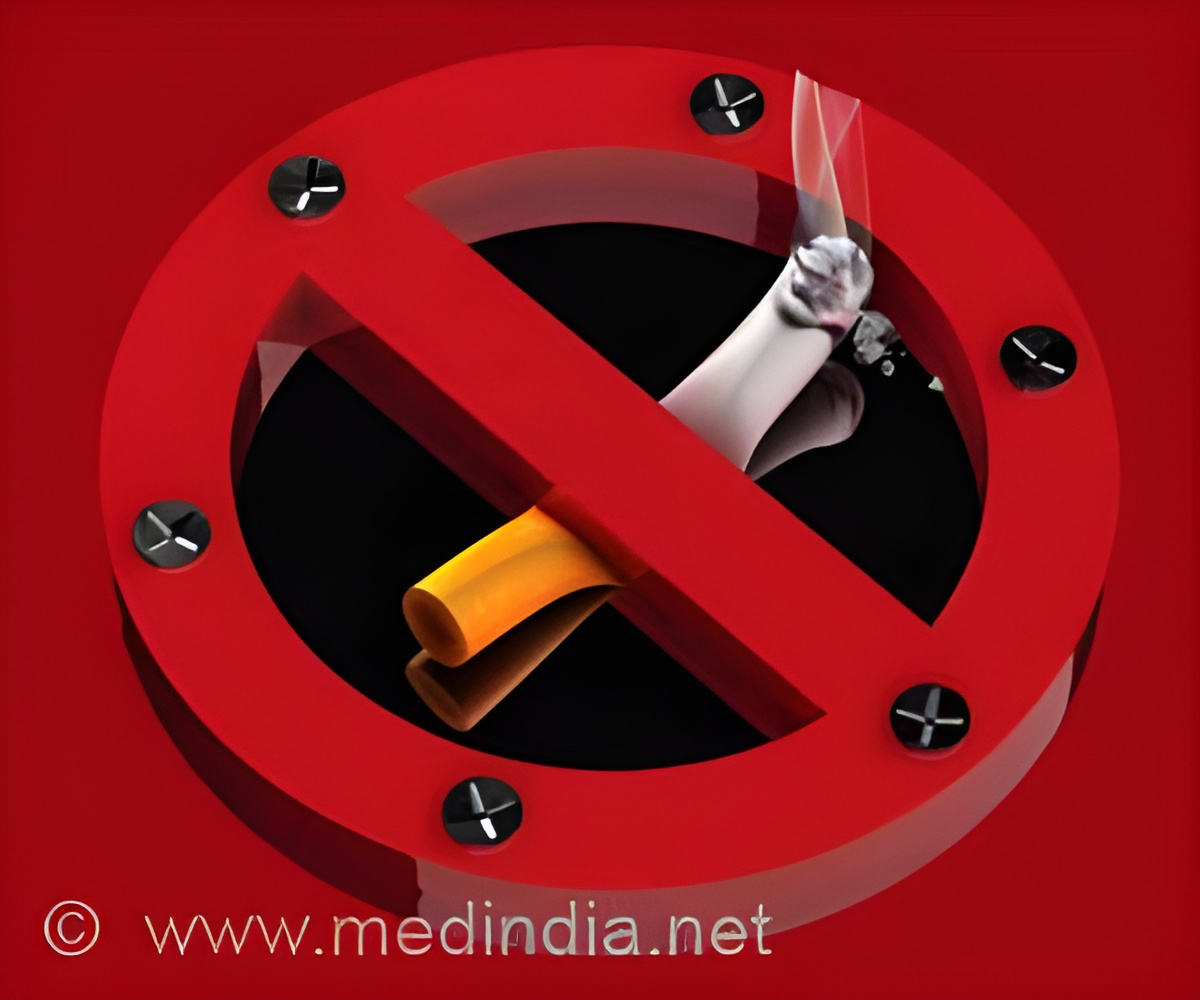Tobacco harm reduction has been endorsed as a crucial strategy for reducing the health burden caused by tobacco amid WHO global treaty's failure to meet goals.

‘Tobacco harm reduction has been endorsed as a crucial strategy for reducing the health burden caused by tobacco amid WHO global treaty's failure to meet goals.’





With an unchanged number of tobacco users since the global treaty was implemented 17 years ago, Prof. Robert Beaglehole and Prof. Ruth Bonita, who both worked with the WHO, said the missing strategy in WHO and Framework Convention on Tobacco Control (FCTC) policies is harm reduction. "Most people smoke because they are dependent on nicotine. Tobacco harm reduction reduces the harm caused by burnt tobacco by replacing cigarettes with much less harmful ways of delivering nicotine; these alternatives have great potential to disrupt the cigarette industry," said Prof. Robert Beaglehole and Prof. Ruth Bonita.
Only 30% of countries are on track to achieve the WHO adult tobacco use target of a 30% reduction in prevalence by 2030 despite the FCTC implementation (entered into force in 2005), while the majority of the countries are not on track to achieve the Sustainable Development Goal 3.4 for non-communicable diseases.
Harm Reduction as Potential Approach
Moreover, the two experts state that both the WHO and the FCTC Conference of Parties had refused to recognize harm reduction."The FCTC is no longer fit for purpose, especially for low-income countries. Neither WHO nor the FCTC are grounded in the latest evidence on the role of innovative nicotine delivery devices in assisting the transition from cigarettes to much less harmful products. Equally, the focus on youth vaping, most of which is experimental, detracts from the crucial public health goal of reducing cigarette-caused deaths in adults," said the experts.
"The blunt but honest critique of the WHO and FCTC by two genuinely qualified and dedicated public health experts is a wake-up call to the WHO and other tobacco control advocates who still blindly follow the agency’s ’outdated approach in addressing the smoking problem. It’s high time that the WHO allow an independent review of its tobacco control policies and look objectively at the evidence supporting harm reduction." "Science has significantly advanced in the past decade and has provided smokers with better alternatives that can actually save their lives. Public health policies should keep up with these developments instead of stunting their potential to help smokers avoid the harms of cigarettes," says Dr. Fernando Fernandez, Secretary-General of the Asia Pacific Dental Federation.
Advertisement










